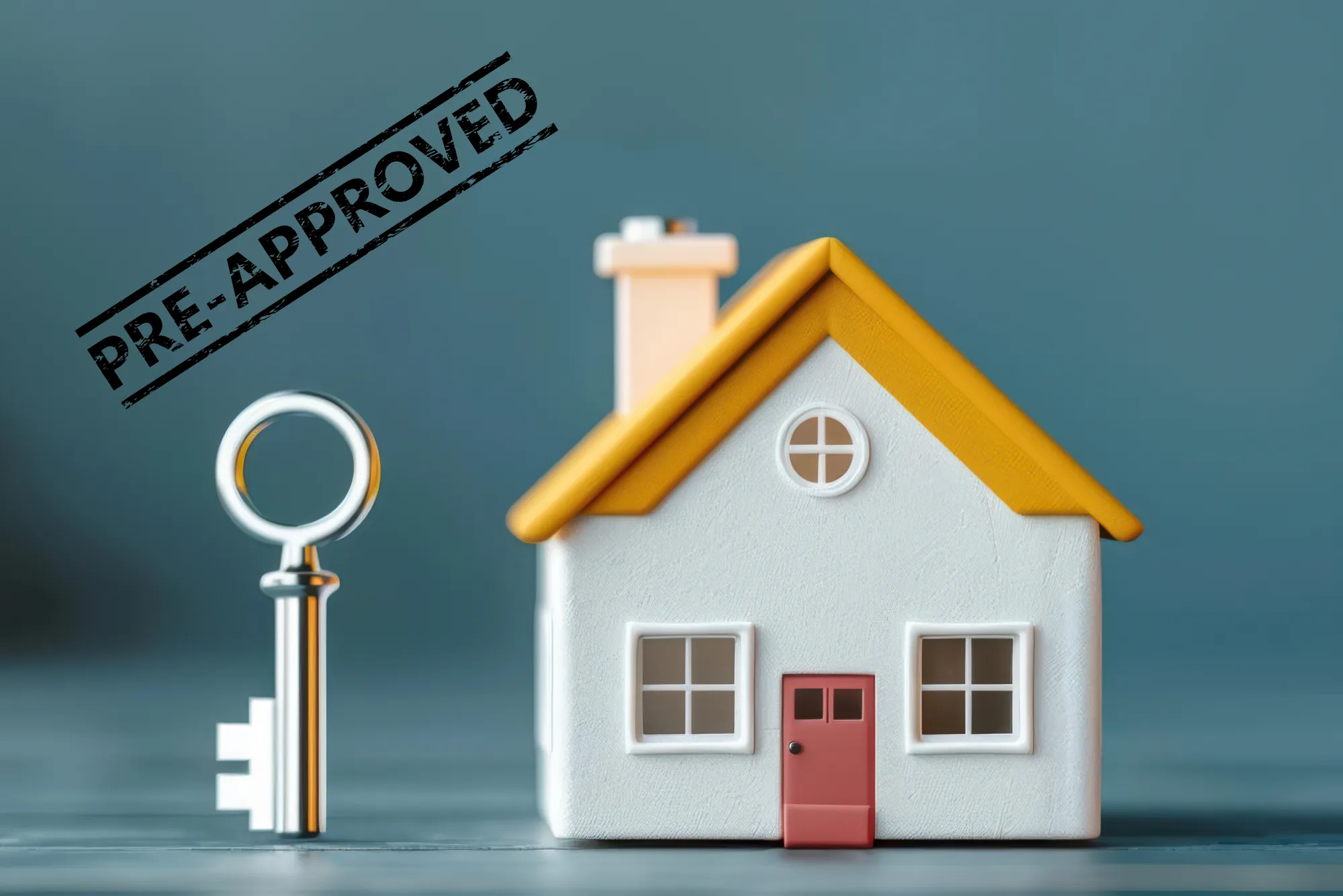When you’re in the process of buying a home, one of the first steps is obtaining mortgage pre-approval. This gives you an idea of how much you can afford to borrow and helps you narrow down your property search. However, many prospective homebuyers are concerned about how the pre-approval process might impact their credit score.
In this article, we’ll explore the relationship between mortgage pre-approval and your credit score, the factors that influence your score during this process, and how financial tools like al fuad exchange rate and emirates nbd mortgage can help you manage the home-buying process effectively.
What is Mortgage Pre-Approval?
Mortgage pre-approval is a process where a lender evaluates your financial background to determine how much money you can borrow to purchase a home. It involves a lender reviewing your income, credit score, debts, and assets to give you an estimate of the loan amount you’re eligible for. While pre-approval doesn’t guarantee that you’ll get the loan, it provides a clear picture of your borrowing potential and helps sellers take your offer more seriously.
1. How Pre-Approval Works
During the pre-approval process, lenders will review your:
-
Credit score
-
Income and employment history
-
Outstanding debts
-
Assets (such as savings and investments)
-
Down payment
Once the lender has all this information, they’ll provide you with a pre-approval letter stating the maximum loan amount you qualify for. This letter is often required when making an offer on a home, as it assures the seller that you have the financial backing to complete the purchase.
How Does Mortgage Pre-Approval Affect My Credit Score?
One of the common concerns about mortgage pre-approval is how it impacts your credit score. The answer depends on the type of credit inquiry the lender makes during the pre-approval process.
1. Hard Inquiry vs. Soft Inquiry
There are two types of credit inquiries that can affect your credit score:
-
Hard Inquiry: A hard inquiry occurs when a lender checks your credit report as part of the pre-approval process. This type of inquiry can slightly lower your credit score by a few points, but the effect is typically temporary. A hard inquiry may stay on your credit report for up to two years, but its impact diminishes over time.
-
Soft Inquiry: A soft inquiry happens when a lender checks your credit report for informational purposes, such as when you check your own score or a lender pre-approves you without a formal request. Soft inquiries do not affect your credit score.
Mortgage pre-approvals typically result in a hard inquiry because the lender is making a serious assessment of your financial situation. However, multiple inquiries for mortgage pre-approval within a short period (typically 30-45 days) are often treated as a single inquiry by credit scoring models. This is done to allow you to shop around for the best mortgage rate without harming your credit score.
2. The Impact of a Hard Inquiry
While a hard inquiry may cause a slight dip in your credit score, this effect is usually minimal. The score typically rebounds within a few months, especially if you maintain good financial habits, such as paying bills on time and keeping credit utilization low.
It’s also important to note that the positive impact of obtaining mortgage pre-approval can outweigh the temporary drop in your score. Once you secure a mortgage, your credit score could benefit from having a healthy debt-to-income ratio and making consistent, on-time mortgage payments.
3. Credit Score Requirements for Pre-Approval
Your credit score plays a major role in the pre-approval process. Different types of mortgages and lenders have varying credit score requirements, but in general:
-
Conventional Loans: These loans often require a minimum credit score of 620-640, although a higher score (700+) will help you qualify for the best rates.
-
FHA Loans: For government-backed loans like FHA, you may qualify with a lower credit score, such as 580 or higher.
-
VA Loans: For veterans, the credit score requirements for VA loans are more flexible, and many lenders don’t set a strict minimum score.
-
USDA Loans: These rural loans usually require a credit score of at least 640.
Al Fuad Exchange Rate
For international homebuyers or those making transactions across borders, understanding the al fuad exchange rate is essential when transferring funds for your down payment or mortgage payments. The exchange rate can have a significant impact on how much you pay for your home, especially if you’re converting funds from a foreign currency into your local one.
Fluctuations in the al fuad exchange rate can affect the total amount you need to pay for the property, so it’s essential to keep track of the rate and plan your transactions accordingly. If you’re making an international purchase, using a favorable exchange rate can help you save money during the process and ensure that your funds arrive securely for closing.
Steps to Improve Your Credit Score Before Pre-Approval
If you’re concerned about your credit score and its impact on your mortgage pre-approval, there are steps you can take to improve your score before you apply.
1. Pay Your Bills on Time
Your payment history is the most significant factor in your credit score. Ensure that you’re paying all your bills on time, including credit cards, student loans, and utility bills. Late payments can significantly lower your score and make it more difficult to secure a low-interest mortgage.
2. Pay Down Debt
Reducing the amount of debt you owe can help improve your credit utilization ratio, which is the second most important factor in your credit score. Aim to keep your credit utilization below 30% of your available credit to avoid negatively impacting your score.
3. Check Your Credit Report for Errors
Errors on your credit report, such as incorrect account information or missed payments that were paid on time, can lower your score. Obtain a copy of your credit report from each of the three major credit bureaus and dispute any inaccuracies you find.
4. Avoid Opening New Credit Accounts
Each new credit inquiry can temporarily lower your score, so avoid applying for new credit cards or loans while you’re in the pre-approval process. This will help protect your score and ensure that you’re in the best position possible when applying for a mortgage.
Emirates NBD Mortgage
If you’re ready to move forward with purchasing a home, consider using an Emirates NBD mortgage to finance your home. With competitive interest rates and flexible repayment options, Emirates NBD mortgage can help you secure the best possible deal on your home purchase, especially if you’ve been diligent about maintaining a healthy credit score.
Whether you’re a first-time homebuyer or refinancing an existing mortgage, Emirates NBD mortgage offers various mortgage products designed to suit your needs. From fixed-rate mortgages to adjustable-rate options, Emirates NBD mortgage provides flexibility to ensure your home-buying experience is smooth and manageable.
Conclusion
Mortgage pre-approval is an essential step in the home-buying process, and while it can have a slight impact on your credit score, the benefits of securing a low-interest mortgage far outweigh the temporary dip. By improving your credit score, managing your debt, and shopping around for the best mortgage rate, you can ensure a smooth process and a successful home purchase.
Financial tools like the HSBC Select credit card and the Emirates NBD mortgage can also help you manage your finances and secure the necessary funds to purchase your dream home. By following these steps and being proactive with your finances, you’ll be well on your way to homeownership.




